NFT Loyalty | Reinventing The Game
Published on Jun 22, 2023
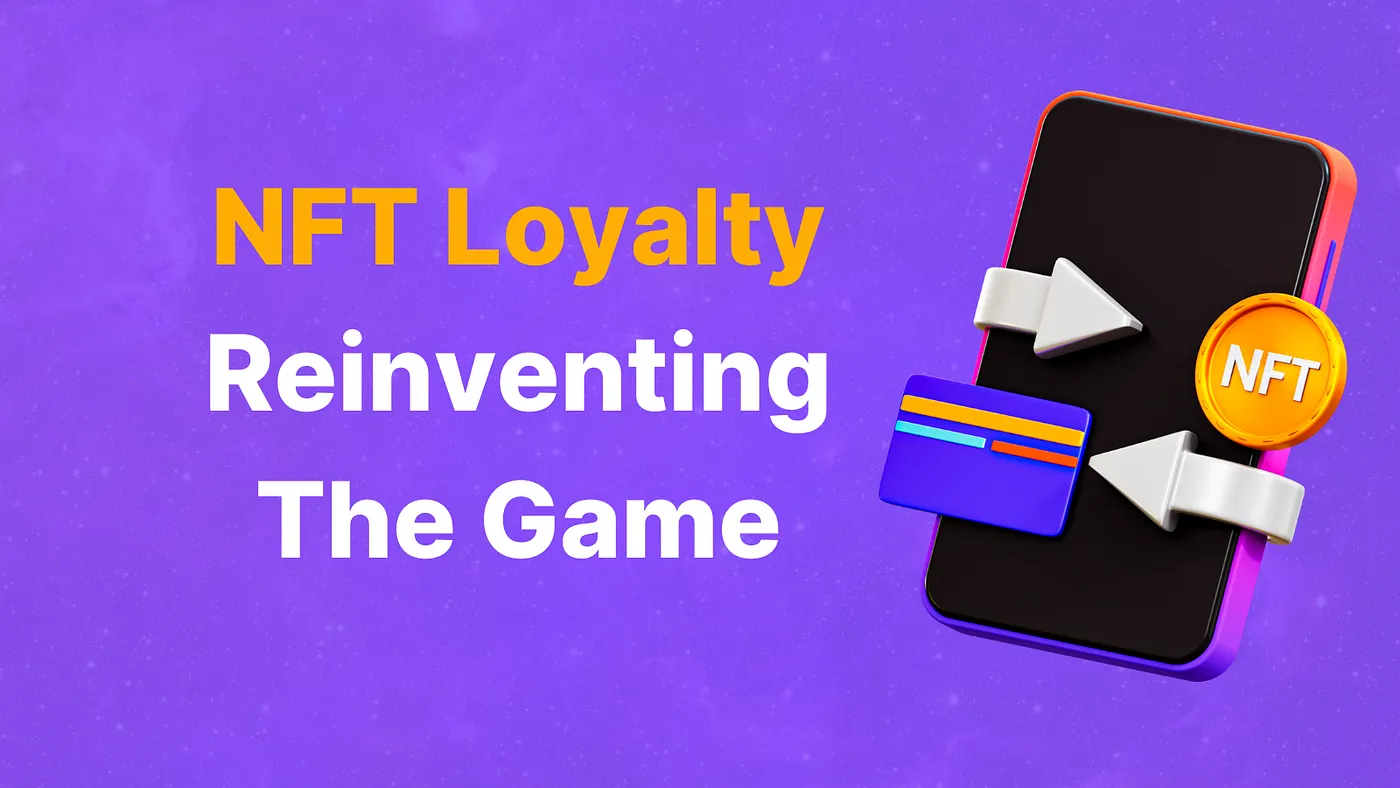
Loyalty is big business.
The concept itself however, is far from new, as loyalty programs have
actually existed in various iterations since the late 1700s. It was
during this era that American retailers introduced copper tokens,
which customers could then exchange for future purchases. At that
time, the retail industry was experiencing significant growth, leading
to intensified competition among retailers. They began to recognise
the importance of customer loyalty and its direct impact on business
growth, and as a result, they began offering various incentives to
maximize customer retention and encourage repeat purchases.
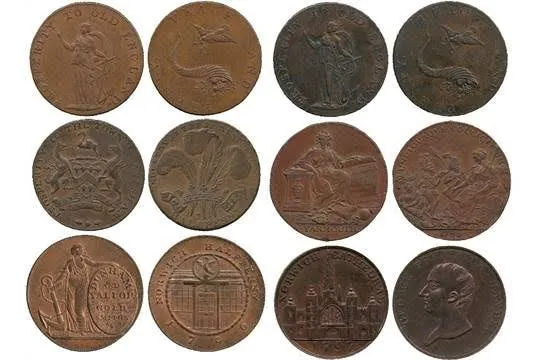
Copper tokens emerged as one of the earliest versions of the reward
program, gaining popularity among retailers throughout America. These
tokens were often inscribed with the shop’s name and could be
exchanged for different rewards, ranging from discounts to products,
or even cash.
Sound familiar?
Fast forward a few hundred years, and significant advancements have
been made since those early days. However, it’s fair to say that
loyalty programs have now become an integral component of the
marketing strategies employed by major brands and businesses
worldwide. Retailers are constantly seeking fresh and inventive ways
to engage customers, offer perks, benefits, and ultimately incentivize
the continuation of customer loyalty.
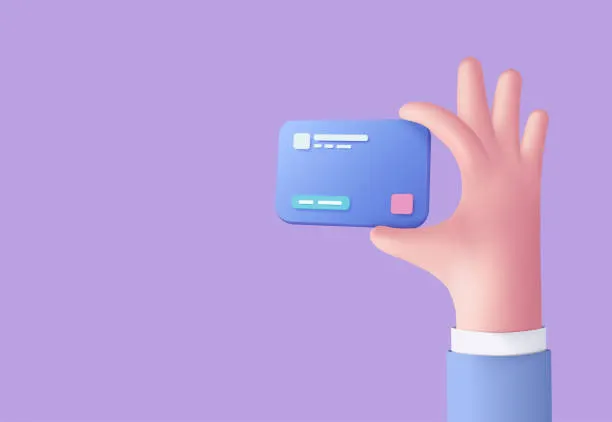
From copper coins to stamps, to plastic cards, to apps, it’s not
surprising that loyalty programs have stood the test of time. They
have consistently demonstrated their effectiveness in achieving the
goal of customer retention. Through these reward programs, businesses
can entice and incentivize their customer base by offering a diverse
range of rewards and discounts in exchange for ongoing loyalty.
In the present day, these programs typically present themselves as
physical cards or digital points on an app, providing customers with a
tangible way to engage with the businesses they frequent. Regardless
of the specific format, loyalty programs seem to have stuck around,
showcasing their proven success for businesses of all sizes. It could
be argued however that the current system does have certain drawbacks.
Let’s explore.
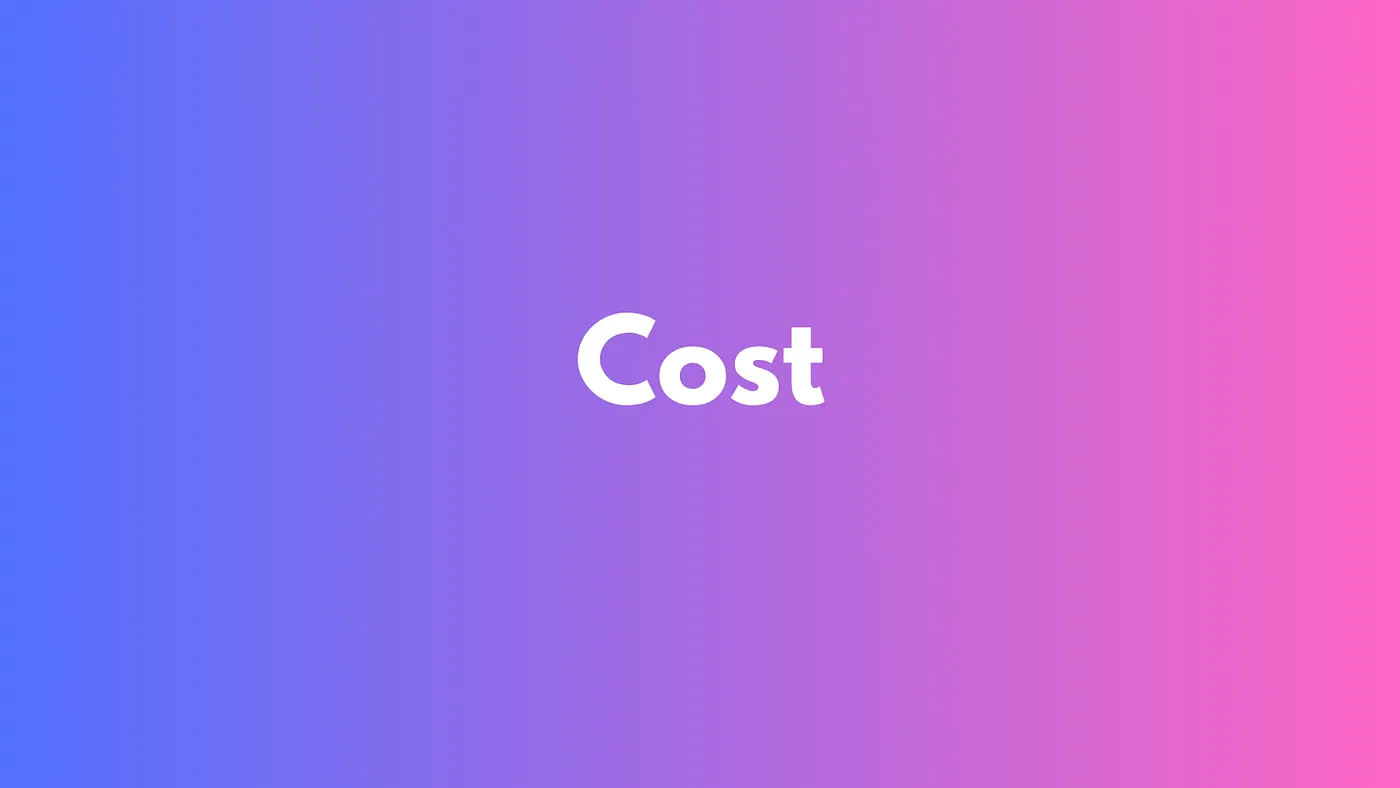
Implementing and maintaining a loyalty program can pose a significant
financial investment for businesses, contingent upon factors such as
their size, budget, and the intricacy of the system. There are
expenses associated with development, design, training, and the
additional labour required to oversee the programs and analyse the
associated data.

There is however, no assurance that these costs will be recovered
through future sales, nor can businesses really guarantee that
customers will remain loyal and not explore alternative options
offered by competing businesses with similar programs.
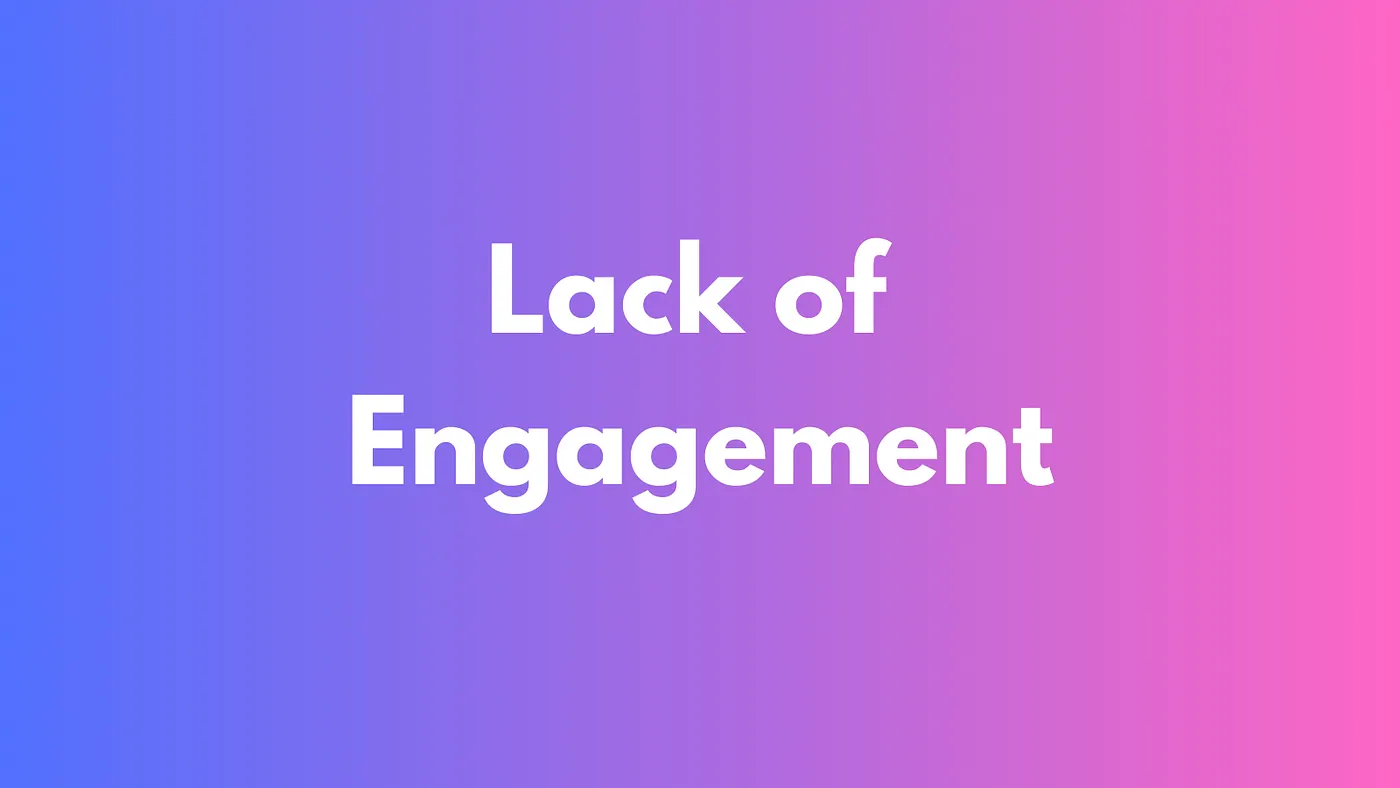
Many loyalty programs in existence today exhibit a level of complexity
that requires considerable forethought before customers can truly
start to reap the benefits. The effort required to participate may
overshadow the rewards the customer stands to gain, ultimately leading
to a lack of participation.

Furthermore, the retail landscape is saturated with generic loyalty
programs, making it a challenging feat for businesses to differentiate
their offerings and capture customer engagement. Consequently, this
further contributes to a decreased level of participation in these
programs.
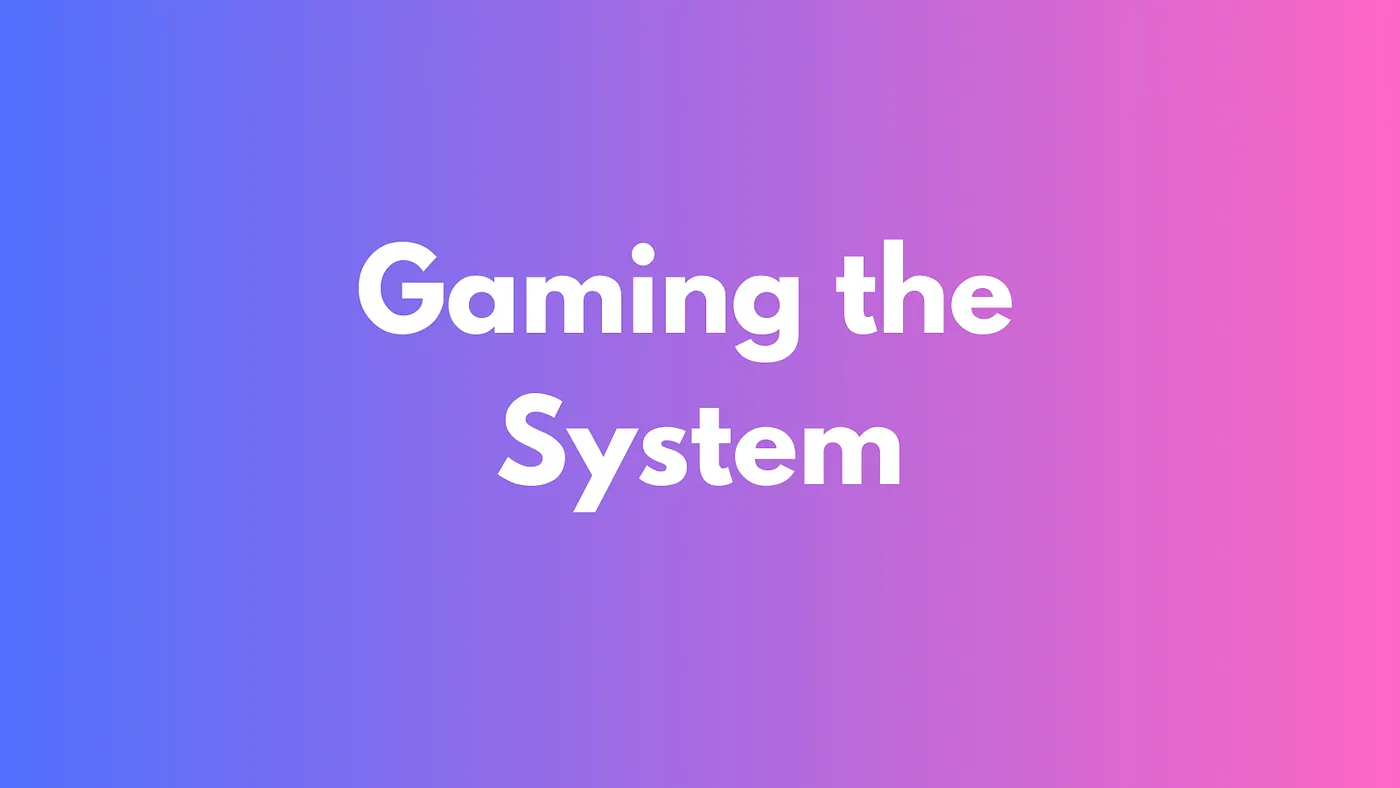
Humans have an inherent tendency to seek ways to exploit systems, and
this behaviour can pose challenges for businesses that implement
loyalty programs. Despite the efforts made to design and implement
secure systems, it is likely that if there is a vulnerability, someone
will discover and exploit it. Fraudulent behaviour can definitely
occur, and individuals may receive points or rewards without being
genuine customers or users of the product. This can involve making
unnecessary purchases solely for the purpose of gaming the system and
accumulating additional points, or reaching specific thresholds set by
the business.

In the short-term, some may perceive this as a favourable trade-off
due to the immediate boost in sales. However, in the long-term, the
consequences become apparent; resulting in an inaccurate perception of
customer loyalty, as these individuals are not really committed to the
brand. Ultimately, this can prove costly for businesses, as the
rewards are being allocated to individuals who do not contribute true
value to the company.
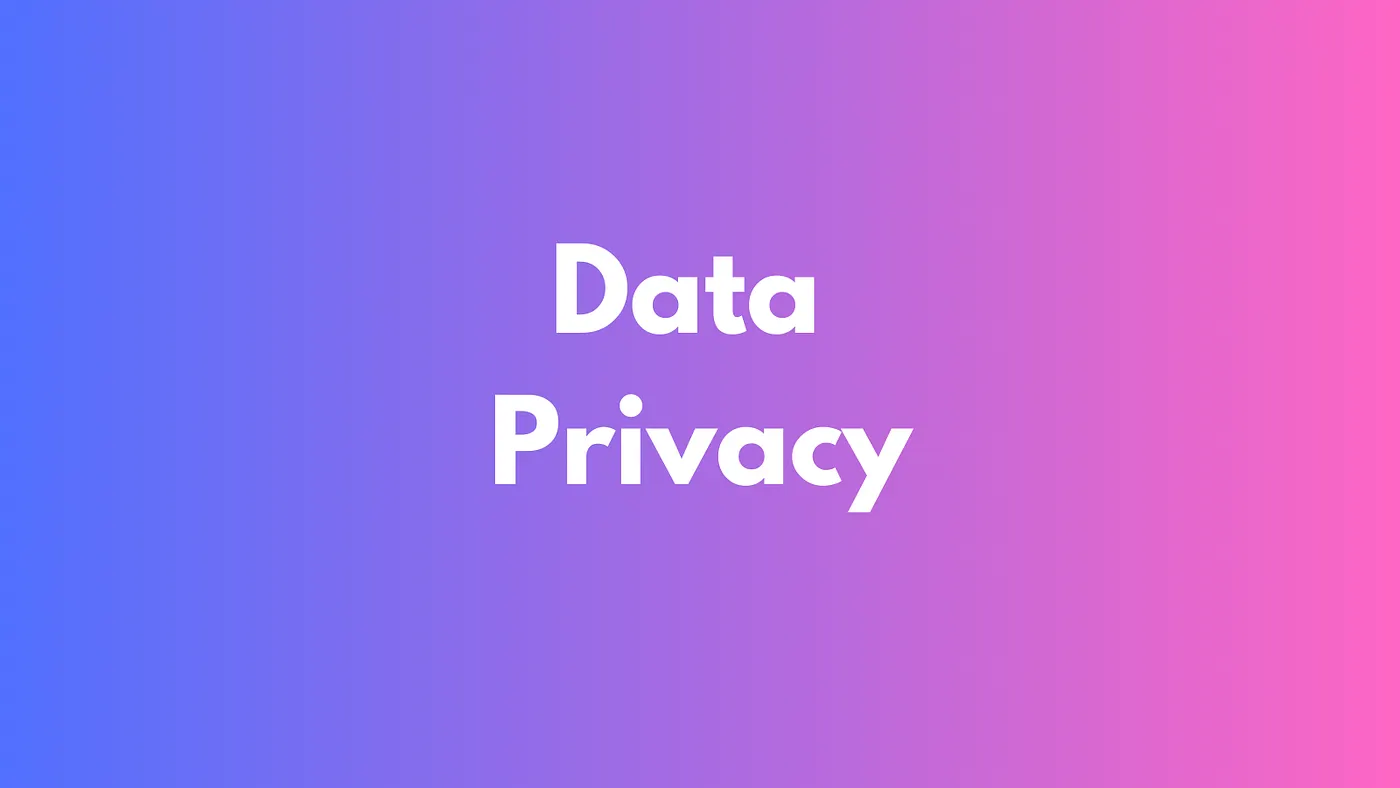
Data privacy is a legitimate concern when it comes to loyalty
programs. Customers are typically required to disclose personal
information as part of the program enrollment process. This creates a
potential vulnerability and data breaches or cyber attacks can occur,
putting customer information at risk.
Unfortunately, such incidents have happened many times before,
emphasizing the importance of safeguarding customer data in loyalty
programs. For customers who are aware of the risks involved, data
privacy concerns can be a major deterrent when it comes to
participating, and sharing their personal information, which is
typically a requirement.

While traditional loyalty programs have historically demonstrated
success in areas such as customer retention, they also face various
challenges that hinder their effectiveness.
So, what is the solution I hear you say?
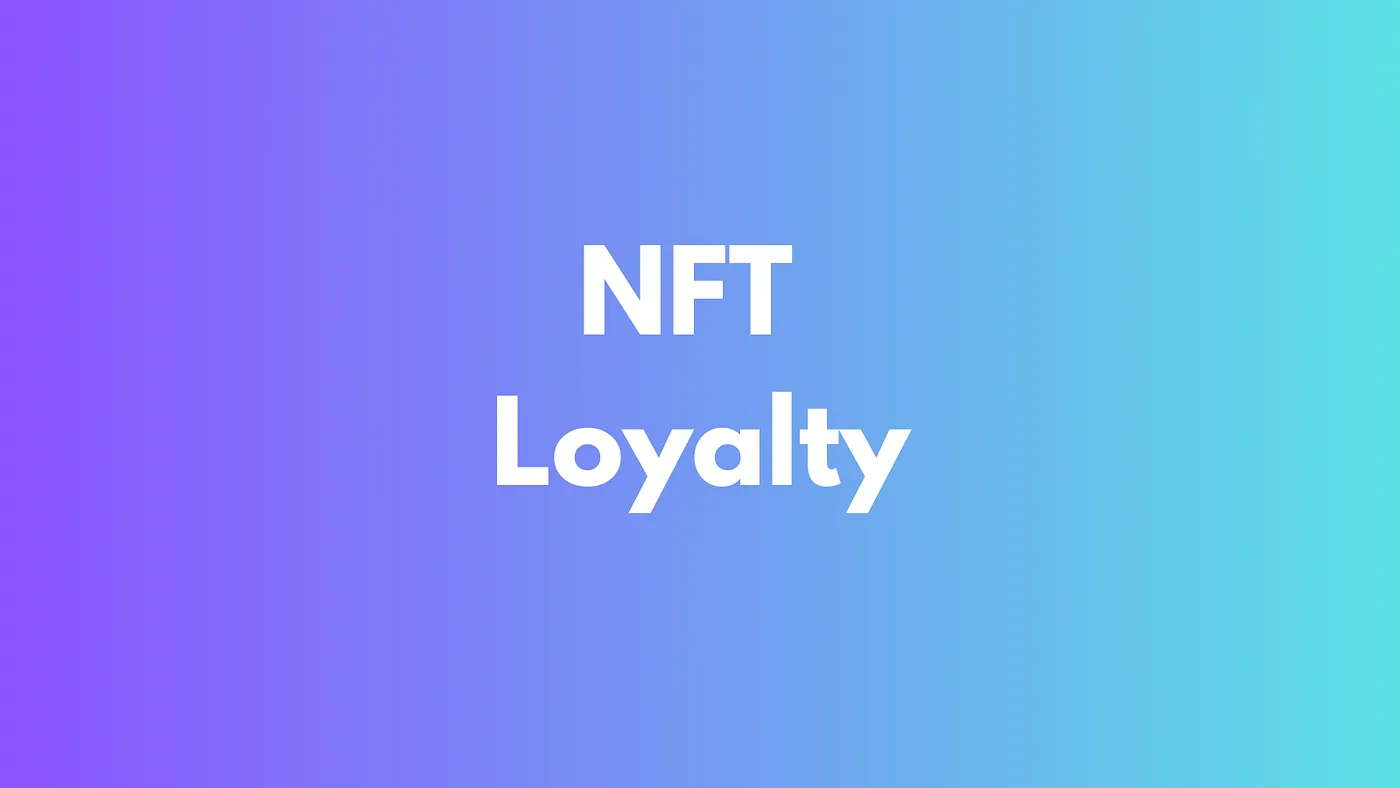
NFTs emerge as a promising solution to address these issues, as they
are able to provide businesses and brands with an opportunity to
develop much more effective methods for fostering sustainable customer
loyalty. NFT loyalty programs introduce a new approach to engage and
connect with customers, particularly those who are more inclined to
actively interact with the business and make purchases. Furthermore,
they enable the ability to create truly unique customer experiences.
With NFTs, the possibilities for loyalty campaigns become highly
customizable, and due to the community-building aspect of NFTs,
businesses have the potential to extend their reach beyond
conventional reward programs, and therefore creating a wider customer
base.
The core concept remains the same with NFT loyalty programs, where
customers are incentivized based on their usage of the product or
service. One key differentiator however, is the ability to build
communities centred around the brand.
This is a significant value-add that should not be underestimated.

By leveraging NFTs, businesses can create dedicated communities of
loyal customers who not only engage with the brand but also form
connections with other like-minded individuals within the community.
There can be a sense of belonging and shared enthusiasm, which can
further enhance customer loyalty and advocacy, ultimately leading to a
stronger and more sustainable customer base.

NFTs provide a heightened level of engagement for participants as they
embark on a journey to unlock various collectibles, each offering a
unique set of benefits. The customizable nature of NFTs allows
businesses and brands to really get creative in the offerings they
provide.
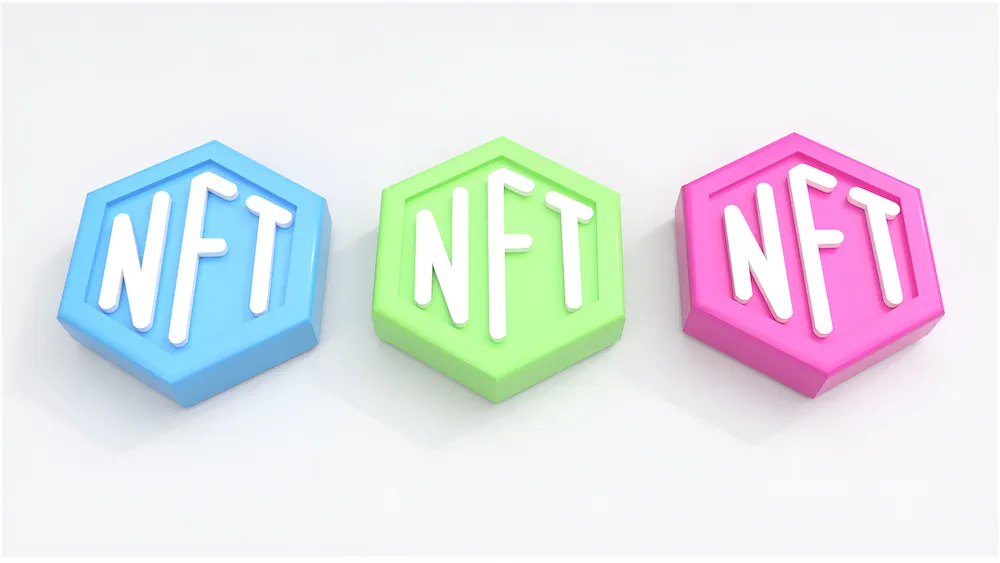
By releasing exclusive, one-of-a-kind digital assets as NFTs,
businesses can attach a diverse range of rights and rewards to these
assets. This opens up a plethora of possibilities for creating truly
compelling incentives and unique experiences for customers. The
ability to offer distinct and valuable digital assets through NFTs
adds a brand new dimension to loyalty programs, enhancing customer
engagement and creating a deeper connection with the brand.

NFTs enable users to engage with uniquely personalized and
customizable digital collectibles that possess dynamic properties that
can be tailored to align with specific marketing campaigns. One could
also argue that the experience of receiving a unique NFT is more
rewarding than the conventional loyalty programs implemented by most
companies today.
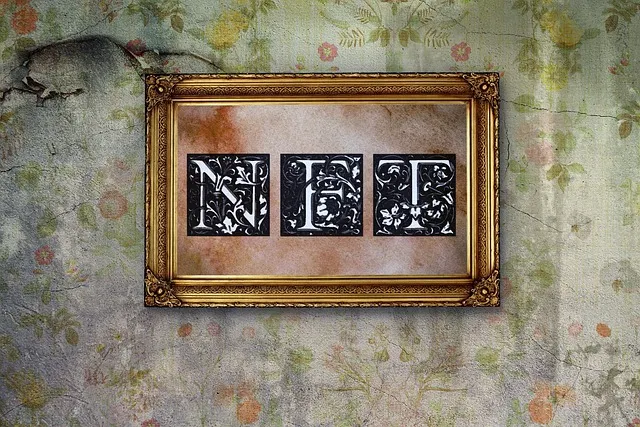
Exclusivity and scarcity through NFTs adds a new dimension to customer
engagement. The sense of owning something uniquely exclusive and
limited in supply creates a heightened level of desirability and can
be a compelling factor that boosts customer loyalty.

With the emergence of NFTs, businesses now have the opportunity to
build a dedicated and loyal community centred around their brand. This
community-driven approach allows customers to connect and engage with
one another, and exchange these unique collectible NFTs. This can
encourage a sense of belonging and community with shared interests
that is often absent in traditional loyalty programs.

By leveraging NFTs to cultivate this community, businesses can enhance
customer loyalty and drive sales. The ability to tap into this
community-oriented approach opens up the floodgates for businesses to
expand their customer base and drive long-term customer engagement.

NFTs have essentially rendered physical point cards and expensive,
maintenance-intensive systems unnecessary at this point. NFTs are
unique digital assets, secured by code, and can be seamlessly managed
through a variety of platforms and tools, customized for each
business. This provides a more sustainable approach to incentivizing a
customer base.
Businesses can design and implement tailored loyalty programs that
align with their specific needs. This not only reduces expenses but
also provides a more efficient and scalable way to incentivize and
engage customers in the digital world.
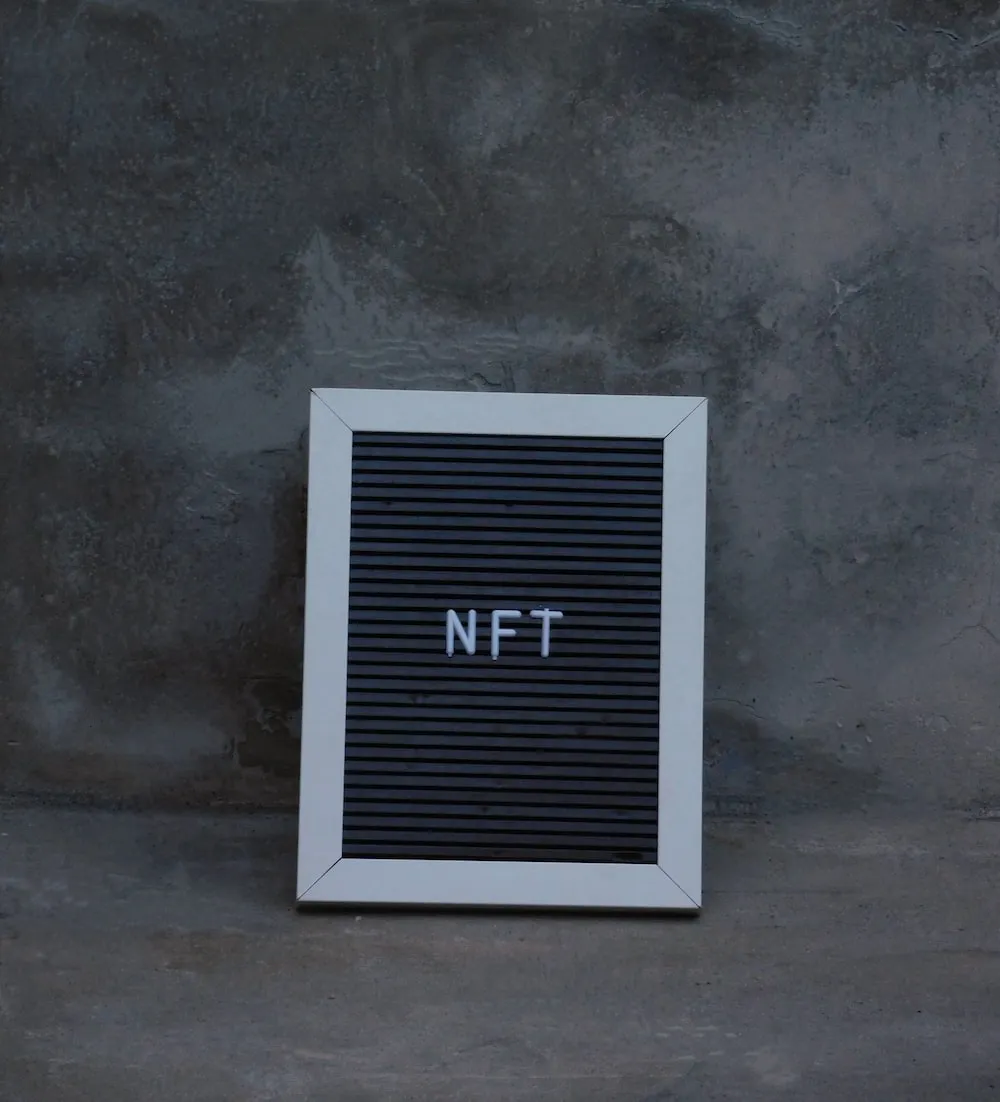
Due to the high level of customizability, NFTs can be tailored to
align with the goals, budget, and creative direction of the business.
This flexibility allows businesses to design NFTs that precisely
reflect their objectives and resonate with their target audience and
demographic.
From choosing the visual design and different properties of the NFTs
to determining the specific rewards and benefits associated with them,
businesses have full control over the creation and implementation of
their NFT loyalty programs. This increased adaptability enables
businesses to align their NFT offerings with their brand identity,
marketing strategies, and budget, ensuring a seamless integration of
NFTs into their business.
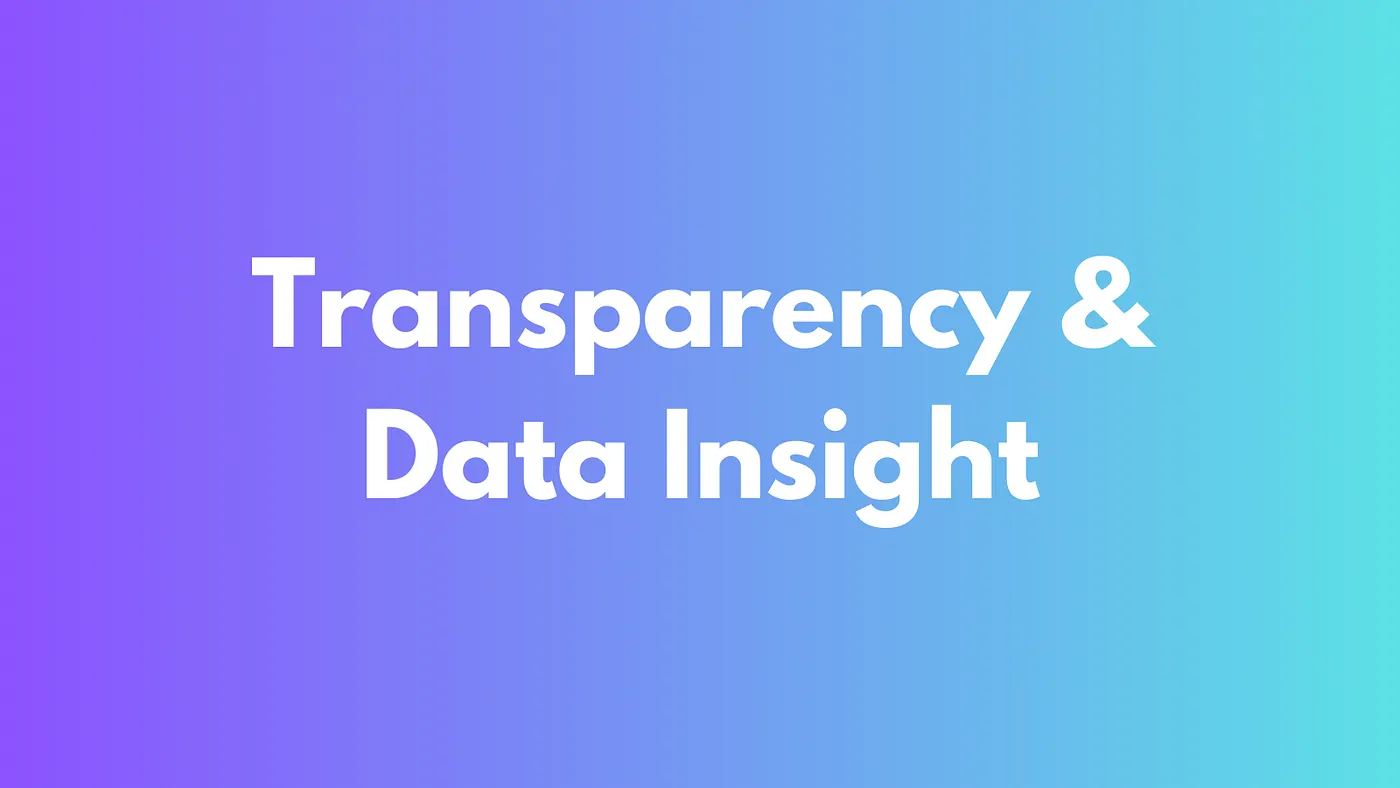
The transparent nature of NFTs allows businesses to manage their
reward programs with heightened clarity and accountability. They can
essentially track and validate reward distribution, and ensure a fair
and transparent process. Customers can also benefit from increased
trust and confidence in the system, knowing that their ownership and
usage of NFTs are verifiable and tamper-proof.
NFTs also offer businesses valuable insights into customer behaviour
and preferences. Through the tracking of ownership and transactions,
businesses can transparently collect data that reveals which rewards
are more popular, which areas of engagement are most active, and
various other patterns and trends. This information becomes a valuable
resource for customizing and adapting the reward programs to better
suit the evolving needs of customers.
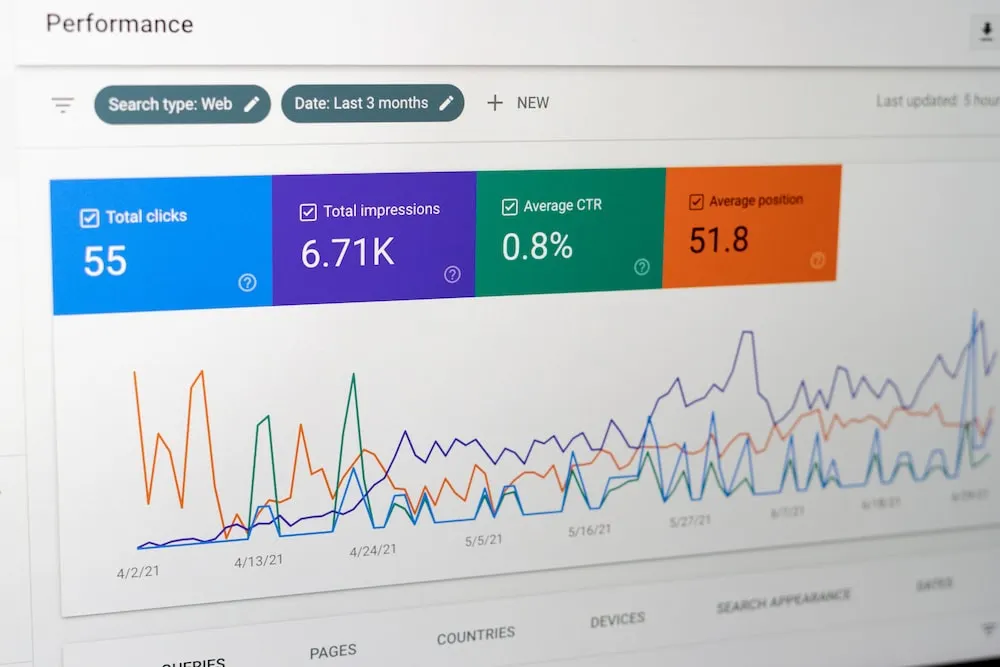
By analysing NFT data, businesses can make data-driven decisions to
optimize their loyalty programs. They can identify customer
preferences, identify areas for improvement, and fine-tune the program
to enhance customer satisfaction and engagement. This level of
customization and adaptation helps businesses create a more
personalized and targeted loyalty program, leading to higher levels of
customer satisfaction, engagement, and increased effectiveness.

Owning an NFT from one’s favourite brand or business can create a
strong sense of connection and often serves as a status symbol. NFT
holders are more inclined to share their ownership and experiences on
social media platforms such as Twitter. This organic method of sharing
generates powerful word-of-mouth marketing among friends and potential
customers, amplifying the brand’s reach and overall impact.
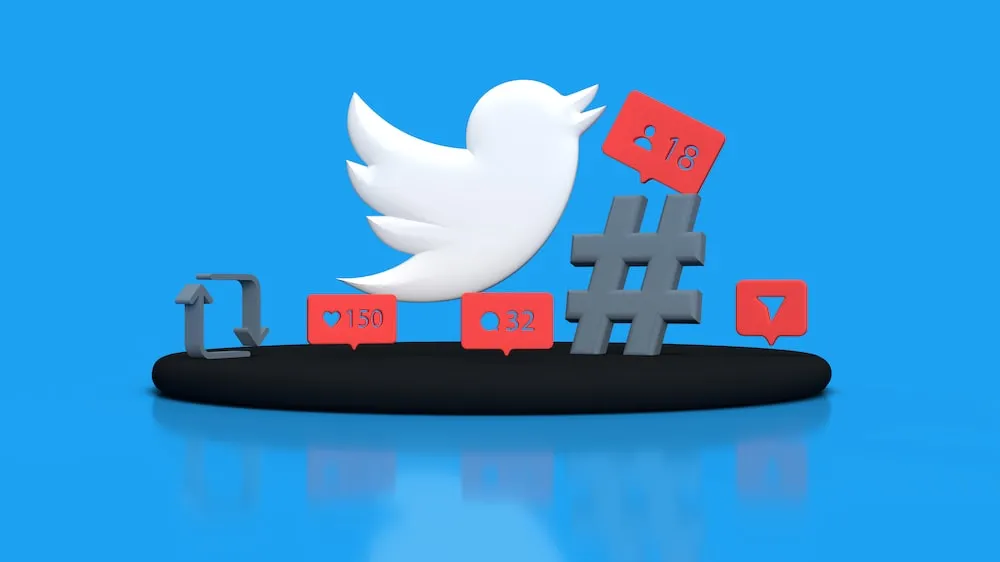
The combination of NFT ownership and a loyal community can create a
viral effect on social media. As NFT holders share their unique
digital assets and engage with other like-minded individuals in the
community, it sparks a snowball effect of curiosity and interest among
others. This can lead to increased brand awareness, attracting new
customers who are drawn to the community and the exclusivity
associated with owning one of their NFTs.
The viral nature of NFTs in social media can amplify the brand’s
presence, ultimately resulting in more exposure and potential customer
acquisition. The combination of NFT ownership, an active community,
and the power of social media creates a dynamic marketing machine that
leverages organic engagement and user-generated content to drive brand
recognition and growth.
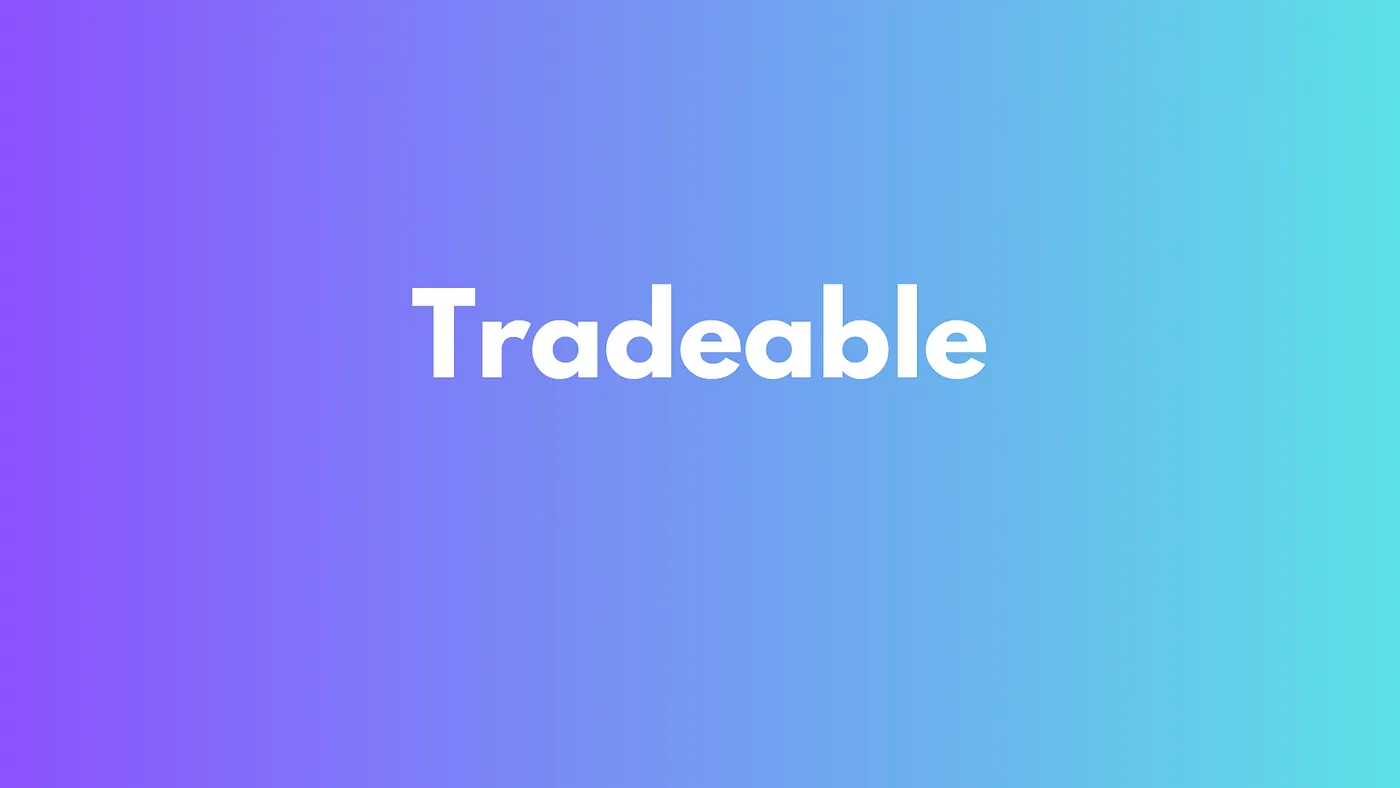
The ownership of digital assets in NFTs creates opportunities for new
secondary markets centred around these rewards. Suppose a customer
wins a weekend spa treatment but has no interest in using it. In that
case, they can simply list the reward on a marketplace, where another
customer can purchase it. This transaction benefits both parties
involved; the seller recoups some of the reward’s value, while the
buyer obtains a desirable experience at a discounted price.
As NFTs are verified on the public ledger known as the blockchain, the
ownership transfer is automatically recorded and confirmed. This
eliminates any concerns about the legitimacy of the transaction,
giving both the seller and the buyer complete peace of mind.

The secondary market for NFT-based rewards provides added flexibility
and value to the loyalty program. Customers have the option to choose
rewards that actually align with their preferences and can trade or
sell those they don’t wish to use. This kind of dynamic marketplace
enhances the overall customer experience and adds another layer of
engagement to NFT loyalty programs.

NFTs provide a significantly higher level of security compared to
traditional systems, addressing the previously mentioned concerns
surrounding data breaches and customer trust.
This is due to their tamper-proof and immutable nature. Once an NFT is
created, its properties and ownership information are permanently
recorded on the blockchain. This ensures that the NFT cannot be
changed or manipulated, providing a transparent and traceable record
of its provenance.

The decentralized nature of the blockchain eliminates the
vulnerability of a single point of failure, which makes it highly
resilient to fraud.

Starbucks Rewards
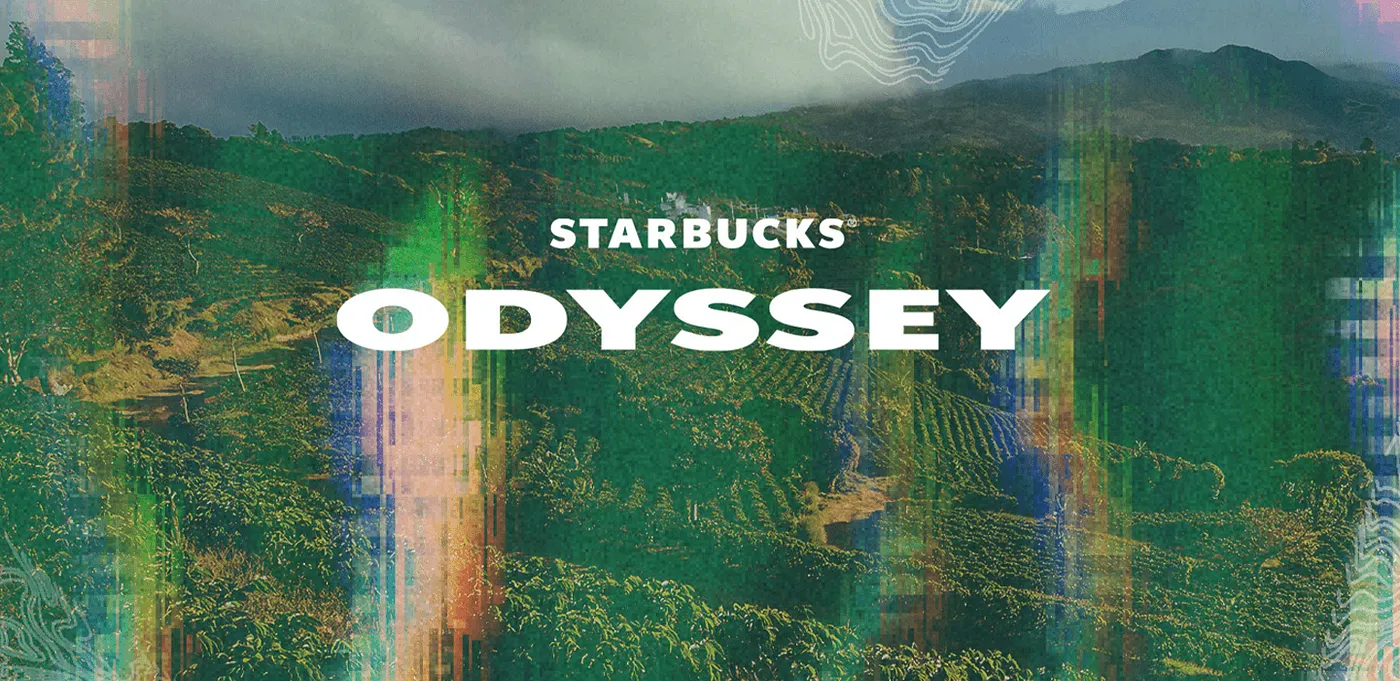
Starbucks, a major player in the loyalty program world, has ventured
into the NFT realm with their collection titled ‘Siren’. The
collection, featuring unique NFTs inspired by the iconic Starbucks
‘Super Mermaid’ artwork, quickly sold out within minutes, highlighting
the demand and enthusiasm for this new digital asset class.
Brady Brewer, Starbucks’ executive vice president and chief marketing
officer, expressed their intention to leverage Web3 technology to
engage and reward their members in innovative ways. Through the
introduction of collectible and ownable digital stamps, Starbucks aims
to birth a new digital community and provide access to exciting
benefits and immersive coffee experiences, both in the physical and
digital world.
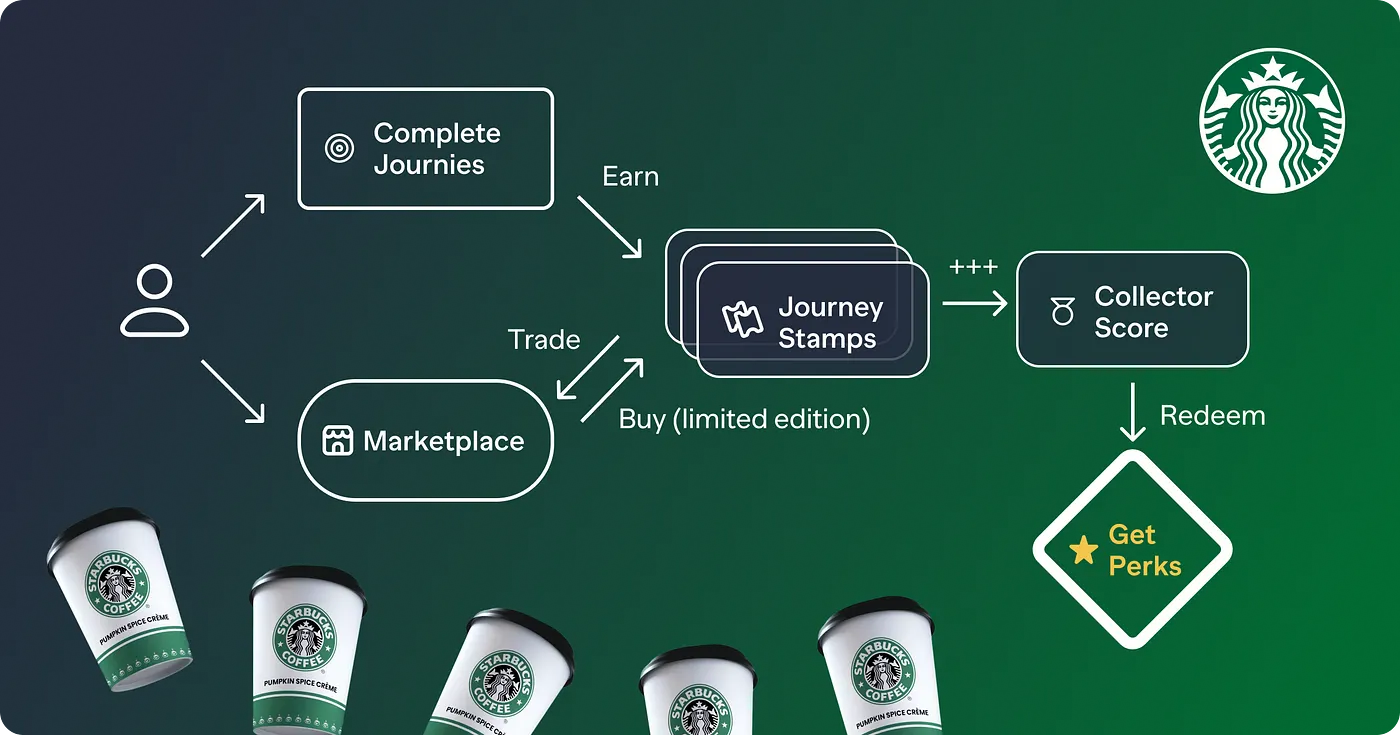
The Starbucks’ ‘Odyssey’ collection launched recently and promises a
range of rewards and perks based on the accumulation of user points.
These rewards span from the opportunity to name a Starbucks tree in a
coffee farm, to receiving custom tumblers with NFT artwork, or
enjoying free in-store drinks for a 30-day period. The customizable
nature of these reward offerings showcases Starbucks’ commitment to
tailoring experiences to individual customer preferences.
In addition to their engaging rewards, Starbucks has also prioritized
a seamless onboarding experience for customers by enabling the
purchase of NFTs with a credit card. This user-friendly approach
removes that layer of friction and not only simplifies the process but
also contributes to the broader goal of driving mass adoption of NFTs
and incorporating them into the mainstream.
Starbucks’ foray into the NFT space demonstrates their proactive
stance in embracing new technologies and leveraging them to enhance
their loyalty program. By embracing NFTs, Starbucks aims to connect
with their customer base in new ways, create a sense of ownership and
exclusivity, and provide unique and customizable rewards that resonate
with their community.
Clinique Smart Rewards

Estee Lauder’s renowned cosmetic brand, Clinique, was among the early
adopters in the NFT space with their innovative ‘Smart Rewards’
program. This tiered loyalty program introduced a range of enticing
benefits for its members, including order discounts, exclusive access
to limited edition products, invitations to Clinique launch parties,
and more.
Taking their NFT engagement a step further, Clinique implemented an
NFT raffle as part of their program. Members were given the
opportunity to share their inspirational stories on popular social
media platforms such as Instagram, Twitter, and TikTok. The top three
stories were rewarded with exclusive Clinique products, accompanied by
dynamic NFTs that encapsulated the essence of the received items.
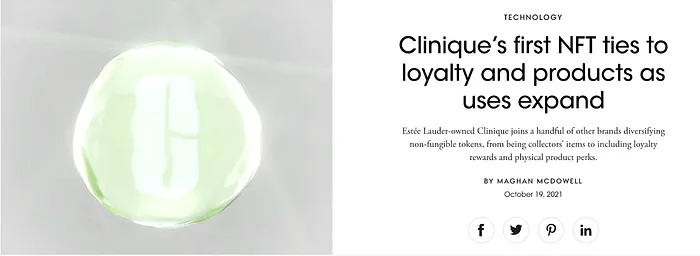
Clinique really utilized the power of NFTs to amplify their marketing
efforts and leverage the virality of social media platforms. By
encouraging customers to share their experiences and stories, Clinique
not only generated organic word-of-mouth promotion but also created a
sense of community and engagement among their loyal customer base. The
combination of exclusive products, dynamic NFTs, and the social media
element proved to be key in driving the success of Clinique’s NFT
campaign.
By incorporating NFTs into their loyalty program, Clinique provided a
unique and interactive experience for their customers, creating a
sense of excitement, exclusivity, and the opportunity for long-term
rewards.
Bold Bunny
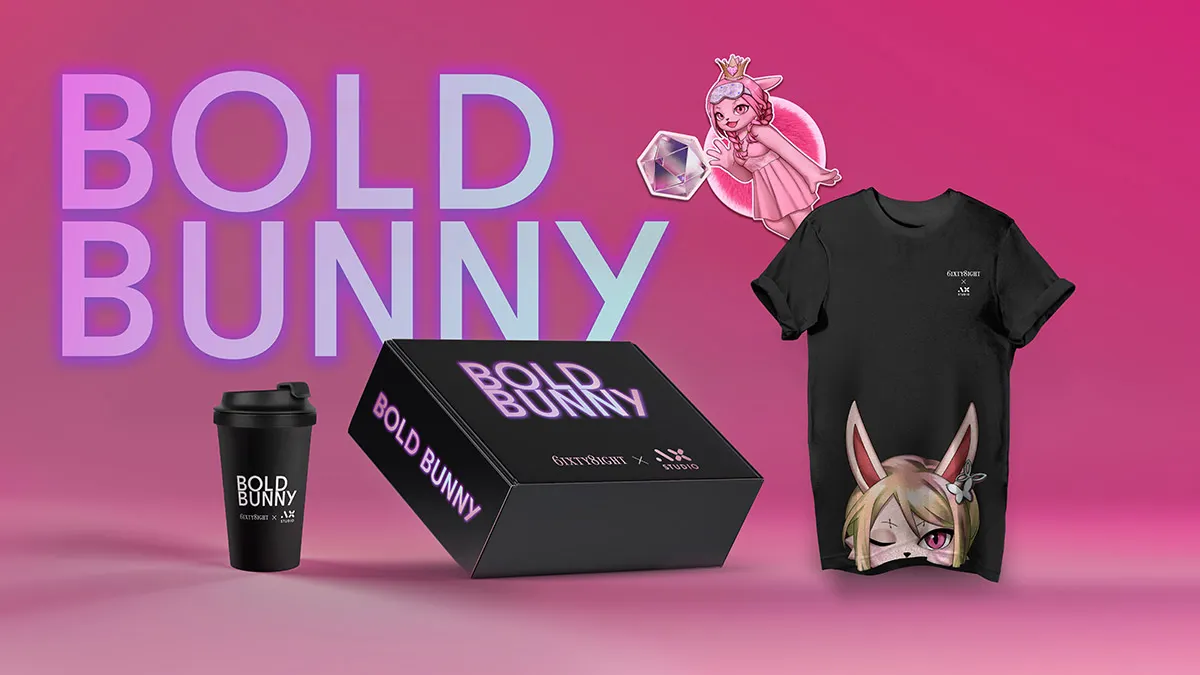
6IXTY8IGHT, a lingerie brand based in Hong Kong, celebrated their 20th
anniversary by launching the ‘Bold Bunny’ NFT collection. This
initiative aimed to enhance engagement with their Gen Z customer base
and capture the attention of a digitally immersed generation. The
collection featured three bunny-themed NFT characters, each resonating
with a different type of customer, while emphasizing empowerment and
boosting confidence.
Recognizing the seamless integration of NFTs into the digital
lifestyles of the younger generation, 6IXTY8IGHT leveraged this
technology as a natural extension. By introducing NFTs as part of
their campaign, they provided a captivating and easily accessible way
to engage with their target audience. The Bold Bunny NFTs unlocked an
array of exclusive perks, including special discounts, limited edition
releases, access to exclusive events, and more. This tailored approach
ensured that the campaign resonated with the desired demographic,
establishing a sense of personalization and exclusivity.
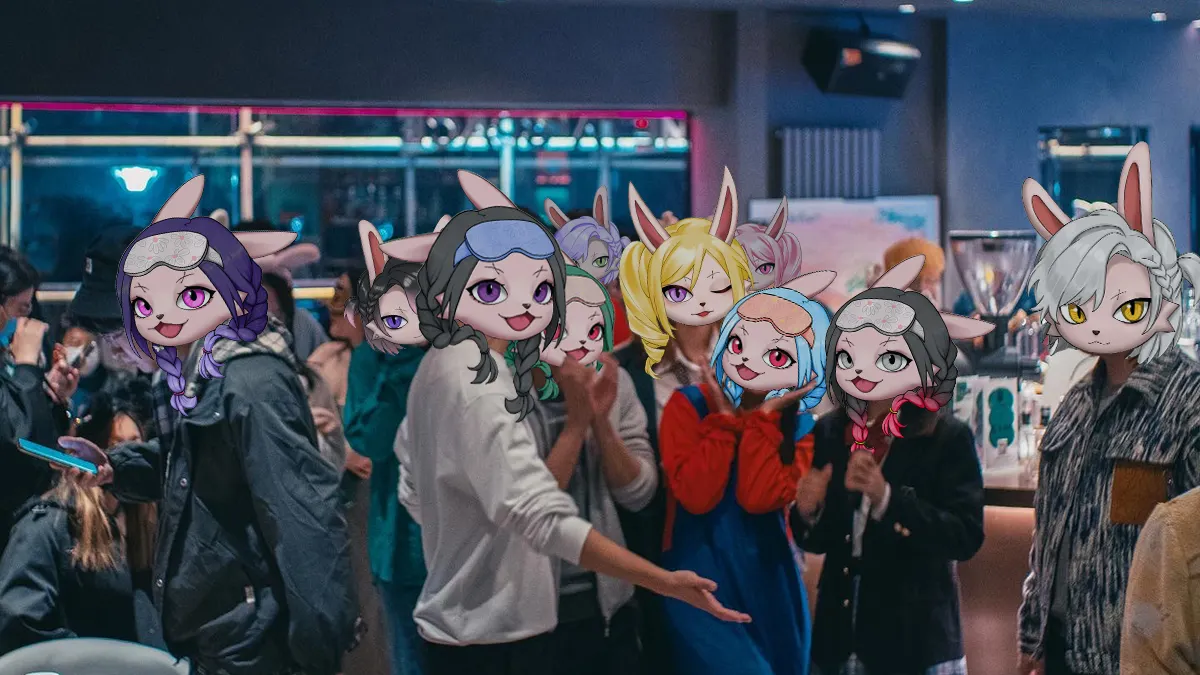
The strategic utilization of NFTs by 6IXTY8IGHT showcased their astute
marketing prowess. By embracing the digital realm and harnessing the
power of NFTs, the brand demonstrated its commitment to staying
relevant and appealing to the younger generation. The Bold Bunny
campaign not only provided unique and enticing rewards but also
aligned with the brand’s mission of empowering the younger generation,
instilling a sense of confidence and celebration of individuality.
Overall, 6IXTY8IGHT’s ‘Bold Bunny’ NFT collection served as a great
example of leveraging NFTs to enhance customer engagement, increase
brand loyalty, and create a tailored marketing campaign that resonates
with the target audience.
Gucci Virtual 25

Gucci, the renowned fashion brand, made a substantial entry into the
NFT space with the introduction of their ‘Gucci Virtual 25’
collection. This collection featured 25 distinct NFTs, each inspired
by Gucci’s iconic fashion campaigns from the past and present.
To obtain these exclusive NFTs, Gucci made them available solely
through their loyalty program points, which could be earned by
engaging with the brand through the Gucci app. Customers had the
opportunity to accumulate points by participating in various
activities such as interacting with the brand, sharing posts on social
media, and making purchases.
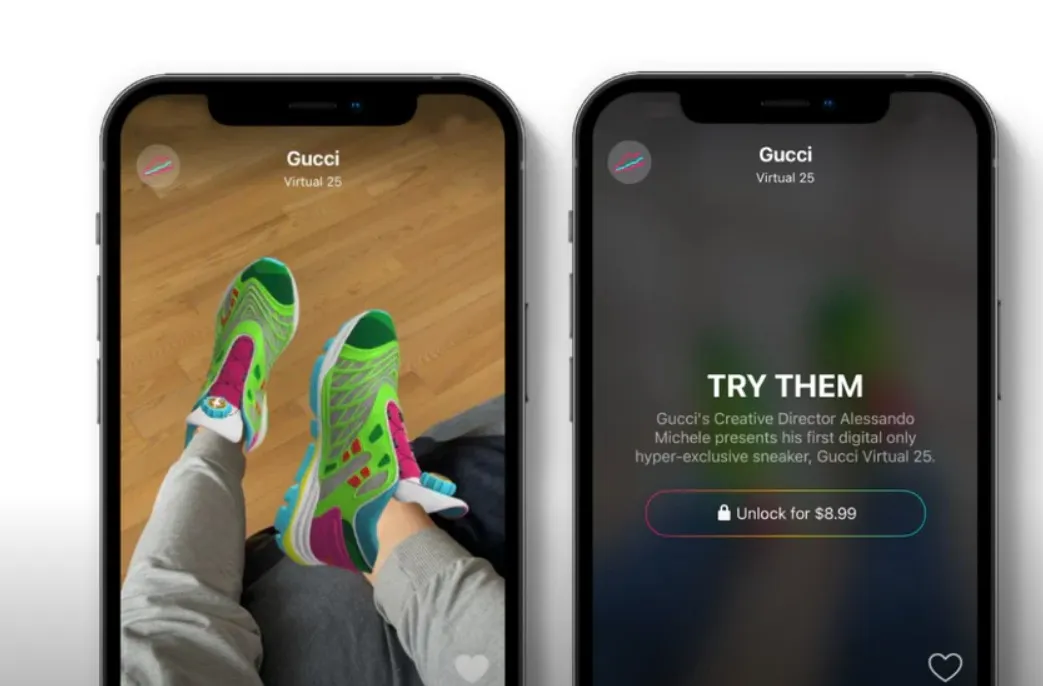
Holders of the Gucci Virtual 25 NFTs enjoyed a wide range of benefits.
These included access to VIP events, exclusive limited edition
products, and personalized Gucci experiences tailored to their
preferences. Notably, individuals who acquired the ‘Gucci Dionysus
Bag’ NFT were rewarded with an actual physical version of the bag,
accompanied by a VIP experience at an official Gucci event.
By integrating NFTs into their loyalty program, Gucci provided a
unique and immersive experience for their customers. The NFTs served
as both digital assets and keys to unlock exciting real-world rewards
and privileges. This new and innovative approach enabled Gucci to
enhance customer engagement and create a deeper connection with their
loyal clientele.

As we continue to experience the transition from the physical to the
digital world, the evolution of NFT reward programs holds great
promise for the future. As more businesses start to explore and
embrace NFTs, I believe we can expect substantial growth in the years
to come.
NFT loyalty programs address a number of key issues and introduce new
and customizable possibilities for businesses and customers alike. By
leveraging this new technology to offer unique and exclusive rewards,
businesses can cultivate a loyal community of customers who are deeply
invested in the brand and its offerings. These exclusive rewards can
create a sense of exclusivity, driving customer loyalty and brand
advocacy as individuals feel connected to a community of like-minded
individuals.
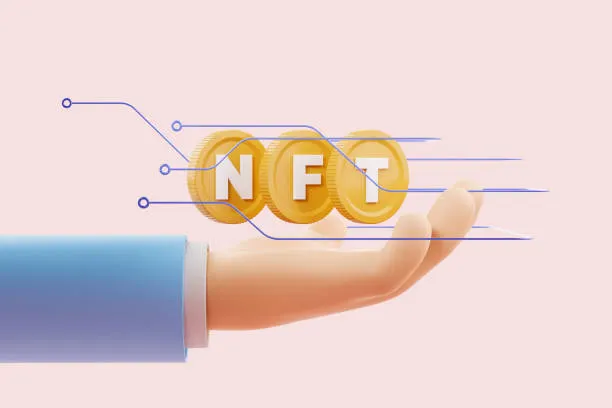
The dynamic and transformative nature of NFTs provides a unique
opportunity to revolutionise the way businesses engage with their
customer-bases, creating a much deeper connections and driving
long-term loyalty and engagement.
Loyalty programs are evolving rapidly, and NFTs are at the forefront
of this exciting transformation.









































